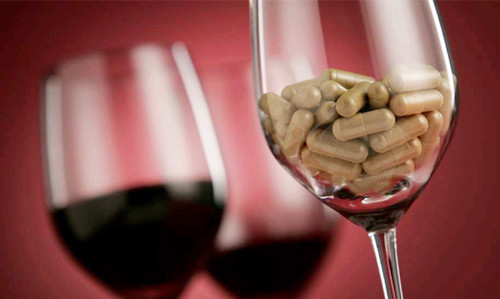Breakthrough-Scientists reverse aging in human cells
November 9, 2017
Source: medicalnewstoday
 931
931

The new study was carried out by researchers at the Universities of Exeter and Brighton, both of which are located in the United Kingdom.
Lorna Harries, a professor of molecular genetics at the University of Exeter, led the researchers, and the first author of the paper is Dr. Eva Latorre, a research associate at the same institution.
The new study builds on previous research from the University of Exeter, which found that so-called splicing factors — which are a type of protein — tend to become inactive as we age.
In the new study, the researchers added "resveralogues," or chemicals similar to resveratrol, to aging human cells and found that they reactivated these splicing factors. This, in turn, not only made the old cells appear younger, but they also started dividing again, as young cells would.
"When I saw some of the cells in the culture dish rejuvenating I couldn't believe it," says Dr. Latorre. "These old cells were looking like young cells. It was like magic," she says.
"I repeated the experiments several times and in each case, the cells rejuvenated. I am very excited by the implications and potential for this research," Dr. Latorre adds.
Resveratrol is a compound found in peanuts, grapes, red wine, dark chocolate, and some berries.
By DduRead more on
- Things to Know before Buying Newborn Baby Incubators March 31, 2022
- Highly Resistant Food Poisoning Bug Responds to Antibiotics September 6, 2018
- Smartphone Based Diagnosis to Identify Mosquitoes Transmitting Infection September 5, 2018
- 3 Natural Plant Extracts Manufacturers on Drugdu.com September 4, 2018
- Shenzhen Chuanggan – Health Assessment Facility Supplier September 4, 2018
your submission has already been received.
OK
Subscribe
Please enter a valid Email address!
Submit
The most relevant industry news & insight will be sent to you every two weeks.



